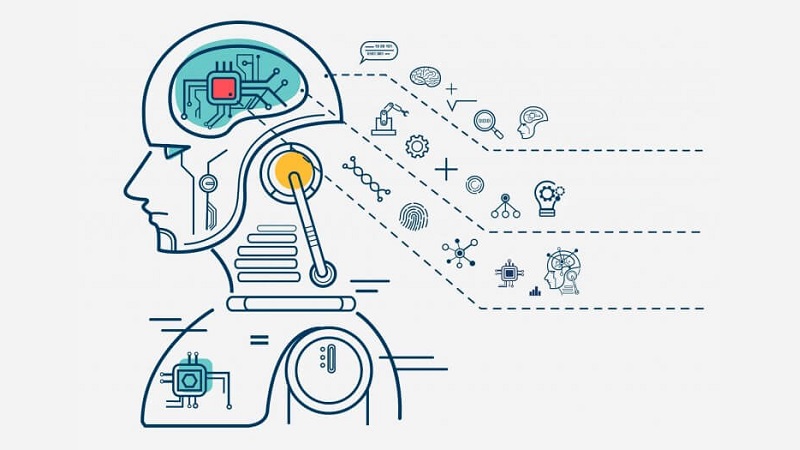Which is Better: Experimental or Project-Based Learning?

Experimental or Project-Based Learning: Project-based learning focuses on problem solving and implementation, whereas experimental learning refers to exploration and experimentation.
Also Read:- How To Utilise Cloud-Based Technology for Efficient Project Accounting
Both experimental and project-based learning are student-centered models that promote practical knowledge and real-world application. However, the two systems differ significantly.
Project-based learning
Undertaking long-term projects comprises project-based learning, an inquiry-based learning approach used by students. Students need to apply an array of abilities, including research, problem-solving, collaboration, and communication, in order carry out projects that generally focus on regular events or issues.
Experimental learning
Experimental learning is a form of experiential study in which pupils actively and eagerly engage in the process of performing research. The objective of experiential learning is aimed at helping pupils in developing their abilities to think critically, solve problems, and make decisions. In addition, it provides the ability to apply theoretical knowledge in practical situations.
Benefits of experimental learning and project-based learning
Experimental learning and project-based learning both offer various benefits, such as:
Conceptual knowledge: By using both approaches, which ensure that the principles are applied to real-world problems, students are encouraged to acquire a more profound knowledge of them.
Enhanced creativity: Fostering innovative problem-solving skills and cultivating creative thinking are two methods for increasing the creativity of learners.
Better problem-solving capabilities: By requiring them to recognize and resolve obstacles, both approaches encourage students in building their problem-solving capabilities.
Improved collaborative abilities: Both frameworks promote learner teamwork, potentially leading to increased proficiency in communication and coordination.
Increased motivation: Both of these tactics can help students stay motivated by providing a sense of purpose along with authority over their studies.
Benefits of Experimental Learning:
- Engagement: Students are often more engaged when they can interact directly with the material.
- Retention: Learning through doing helps improve the retention of information due to the depth of the experiential process.
- Adaptability: Students learn to adapt to new situations and solve problems in innovative ways.
Limitations of Experimental Learning:
- Resource Intensive: Requires more resources and preparation, such as lab setups or field trips.
- Scalability: Can be challenging to implement with large groups of students.
- Assessment Difficulty: Assessing students’ learning can be subjective as it often depends on personal experiences.
Reflection and Evaluation
While evaluating their own work against predetermined criteria, pupils reflect on what they have learned and seek opportunities to enhance it.
When necessary, professors provide guidance, resources, and assistance to ensure that PBL is effective. Ongoing and primarily formative, assessment in problem-based learning (PBL) emphasizes both the process and the outcome. Students increase their knowledge of the subject, develop their communication and teamwork abilities, and become more self-motivated and self-directed learners through participation in authentic, crucial initiatives.
Conclusion, Experimental or Project-Based Learning
Students can benefit immensely from gaining a wide range of abilities through project-based and experimental learning. Review your learning approach and objectives to choose the most efficient technique.
FAQs
Q1: What is the main difference between experimental and project-based learning?
A1: Experimental learning focuses on learning through experiences and direct engagement, while project-based learning revolves around completing extensive projects that incorporate various subject areas and skills.
Q2: Which learning method is more suitable for science subjects?
A2: Experimental learning is typically more suitable for science subjects due to its emphasis on hands-on activities and direct interaction with the material.
Q3: Can these methods be used together?
A3: Yes, integrating both methods can provide a balanced approach that leverages the benefits of each, depending on the educational context and goals.
Q4: Which method is more resource-intensive?
A4: Experimental learning is generally more resource-intensive as it often requires specific setups like laboratories or field trips.








